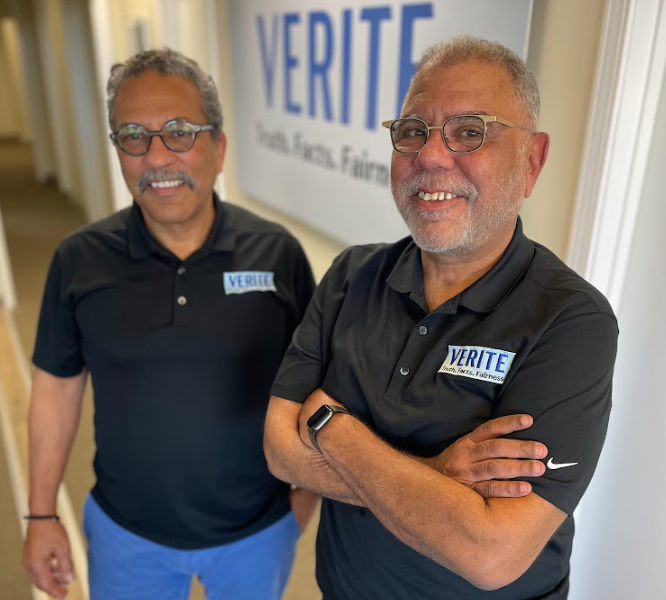
Whether you prefer to get your news/information through social and digital media, television, radio or newspapers, you clearly have many choices nowadays.
And regardless of where you turn to for news, there is a commonality among practically every newsroom in the nation: they are shrinking. Earlier this year, the Los Angeles Times announced it would be laying off 20% of its newsroom and Sports Illustrated planned to cut a significant number of staff members, possibly all of them. Like any other sector of the economy, the news industry must maintain a level of profitability to stay viable. With the rise of digital and social media, traditional ad-based, for-profit news organizations have had to slash jobs while trying to produce quality journalism. In 2022, two former veterans of New Orleans’ newspaper of record, the Times-Picayune, decided to go a different route. They created a nonprofit news organization, Verite News. But if for-profit news is struggling, how does Verite plan to stay in the game as a nonprofit? By carving out a niche in the New Orleans news market.
“We don’t cover sports. We don’t cover breaking crime stories. We look for deeper stories that are impacting communities and how we can best serve those communities by bringing community leaders and politicians to solve some of these problems. So, it’s definitely a mission-based operation that we believe has real value, and that’s why we stepped back into the business,” said David Francis, executive director at Verite News.
David Francis spent 24 years in the newspaper business in New Orleans and retired as executive vice president and publisher of NOLA.com and the newspaper that preceded it, the Times-Picayune. He and Terry Baquet are now leading Verite News. Baquet was a 28-year veteran at the Picayune, working in multiple editorial rolls including managing editor and director of print at the newspaper. They’re both New Orleans natives and African Americans. As a black-led, nonprofit newsroom, Verite News is trying to carve out a niche in the New Orleans news market. A niche Baquet told me that didn’t get much attention from “mainstream media”, including the Picayune.
“I think if you’re a profit publication, you’re sort of beholden to advertisers and subscribers. You have to feed that beast. So, we knew there were some communities, disadvantage communities, and I’m not saying The Times-Picayune ignored these communities, but we didn’t cover them as well as we could have or as thoroughly as we could’ve. And this was an opportunity for us to do something in this stage of our career that we think is important, that we think people will be proud of,” said Baquet.
Verite News made it a priority to hire a diverse reporting and editorial staff to reflect the communities it considers are undeserved in news coverage. Producing news for those communities is at the core of Verite’s operation, which is stated in its mission statement: “With the failures and downsizing of local news media, vulnerable minority populations in New Orleans and much of the region are facing existential threats that hold back our community and prevent us from reaching our full potential in a competitive world. While many larger media companies have the resources, they lack the desire or insight to act, and the few others are just too small to have an impact to effectively galvanize the community or to address the inequities facing communities of color.”
That said, Verite News faces similar challenges that traditional, for-profit newsrooms face. That includes the cost of operating. So, what’s it like to build a newsroom from the ground up? And can a nonprofit newsroom last? Listen to the podcast here.
